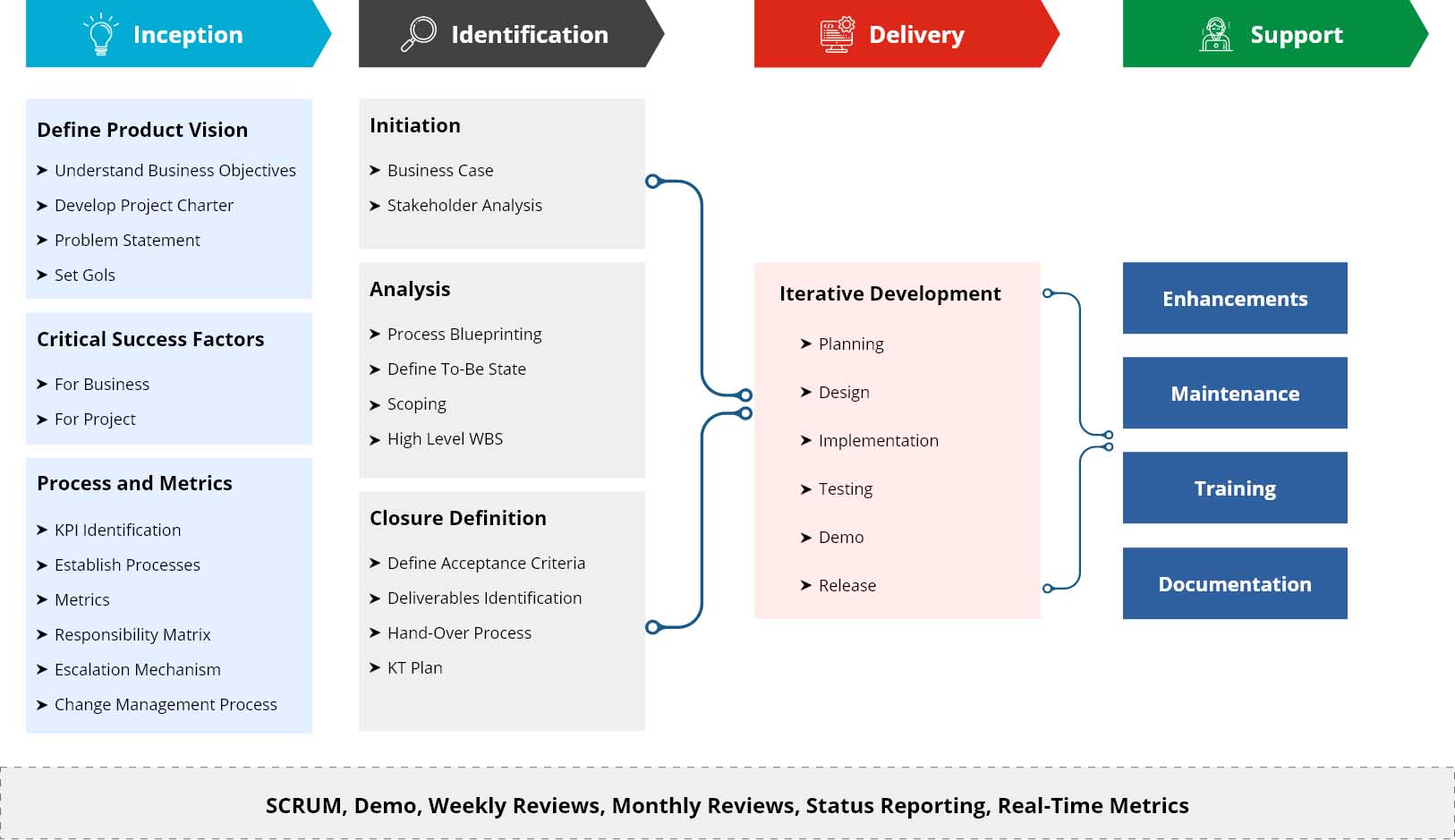Dynamics 365 implementation costs depend on a number of factors, including the size and complexity of your organization, the specific Dynamics 365 modules you want to use, and the level of customization required. Some common factors that influence the cost of a Dynamics 365 implementation include:
License costs, Customization and development, Training and support, Project management and consulting.


























